The Moroccan filmmaker talks to Geoffrey Macnab about her new family drama, which received a gala screening at DIFF.
Moroccan filmmaker Laila Marrakchi’s Rock The Casbah, a family drama about three sisters reuniting for their father’s burial, received a gala screening at DIFF.
Her 2005 feature Marock, about a love affair between a Muslim girl and Jewish boy, screened in Un Certain Regard at Cannes and was a box office hit in Morocco.
You have a very strong cast in Rock The Casbah. How easy was it to persuade these near legendary figures to work with you?
I knew from the get go that the film needed a strong pan-Arab cast. I really needed to work hard at this.
With my script in my suitcase, I literally went to meet each and every one of the actresses wherever they were located to convince them to come on board my film: Nadine Labaki in Beirut, Lubna Azabal was in Marrakech and Hiam Abbass in Paris. Meeting each one of them inspired me and led me to rework the characters in the script.
As for Omar [Sharif], it was more or less the same. I had to really insist for this legendary actor to join us.
Are there autobiographical elements in the film? Is the family close to your own or of people you know?
A few years ago, I lost my uncle. My family and I mourned for three days. It was a very moving experience. For the first time, I saw the women in my family in a different light: fragile but not afraid to reveal themselves. I thought this could be a good basis for a film in which I could speak about our traditions, which are so different from the western world.
There are, of course, some autobiographical elements in the film. But it remains a fiction, and is constructed as such. I do not have sisters nor have I lost my father.
How easy was it to finance the film? How did you find your producers?
It is not easy to finance a film from the Arab world, even with the amazing cast that I had. My producer Stéphanie Carreras also produced my first feature, Marock, through [French production company] Lazennec. We were lucky to have the support of Pathe, who loved the script from the very beginning and who became our partner along with Canal Plus and the Moroccan Film Institute.
Do you know the Dubai festival?
It is my first time in Dubai. I’m thrilled to present my film at this festival, which is a real window to the Arab world.
What are your feelings about contemporary Moroccan cinema?
This new generation of Moroccan directors is indeed a force to be reckoned with. The youth is eager to make films and finally speak out. This has not always been the case. Of course, we are still missing funds and infrastructure. I am proud to be apart of this new wave.



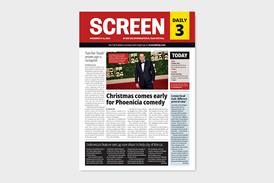
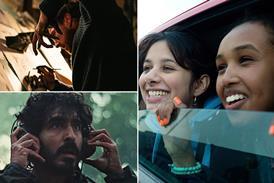
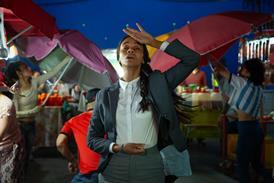
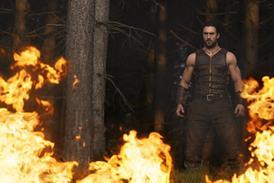





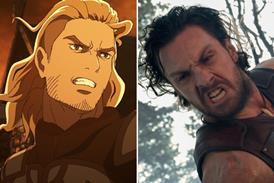
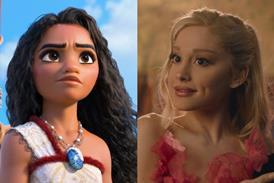
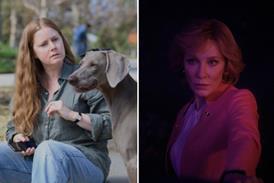
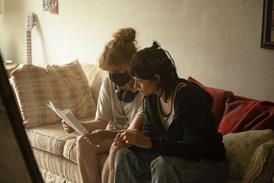

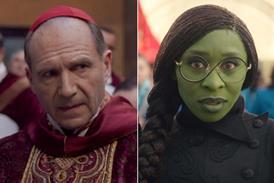







No comments yet